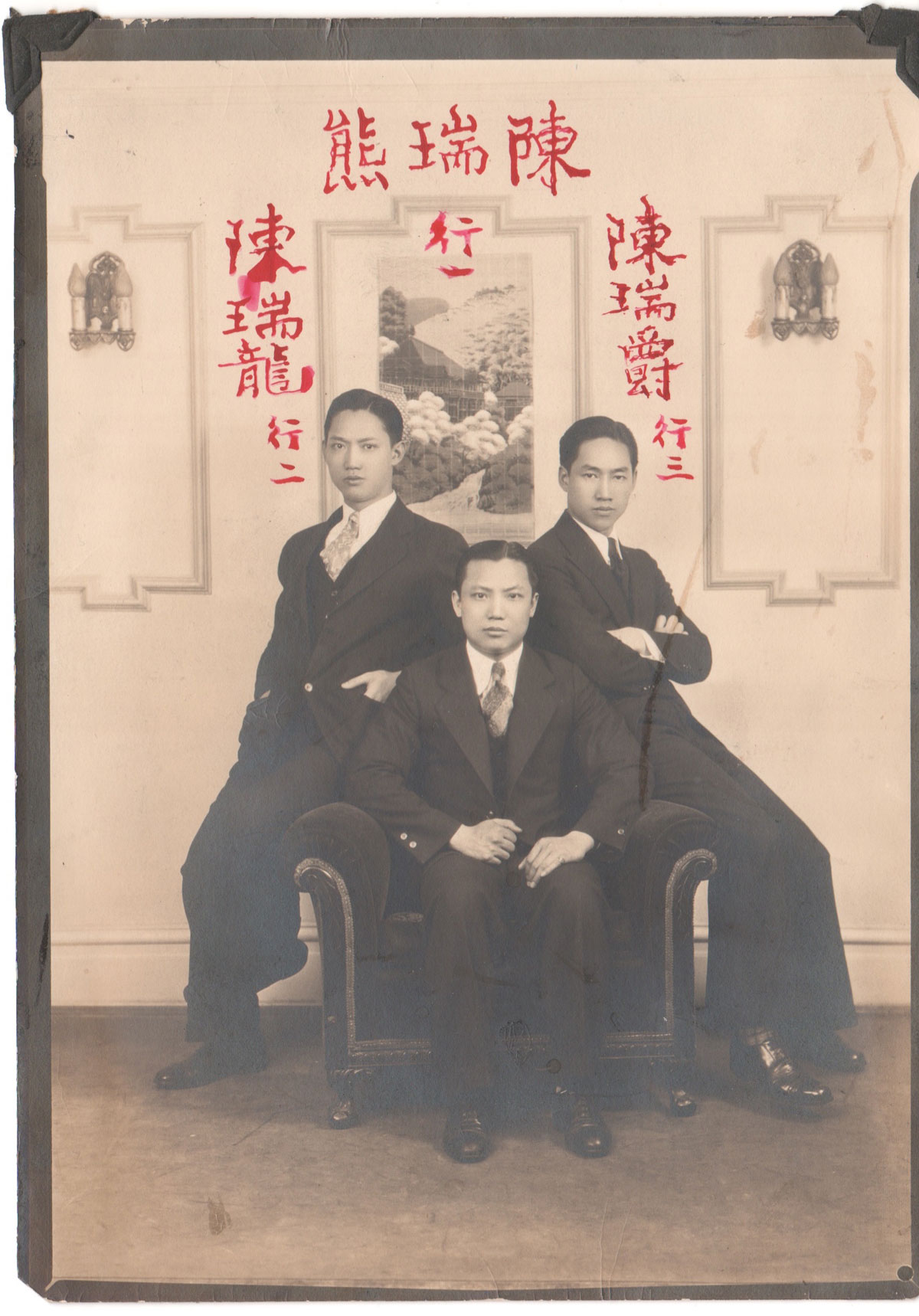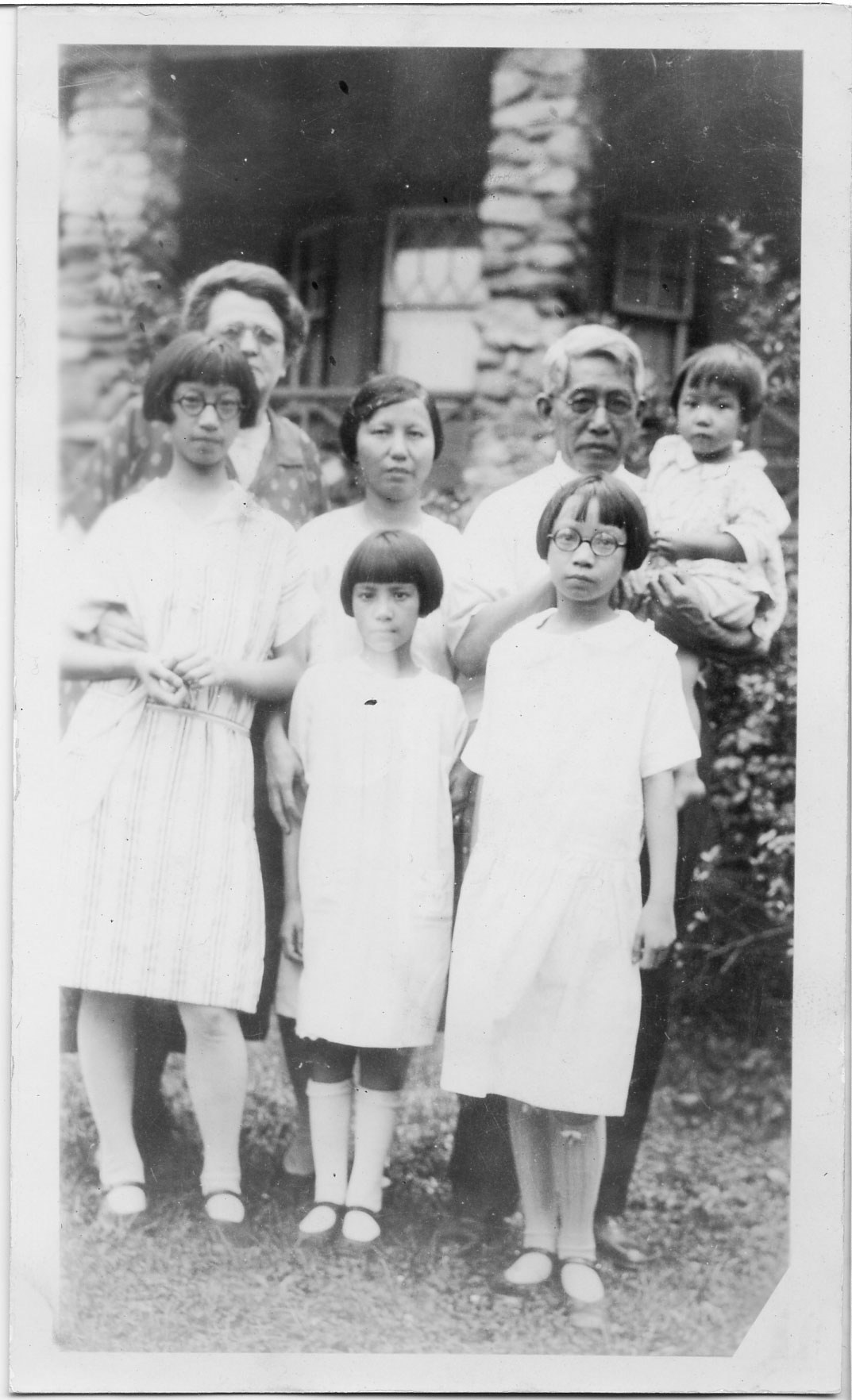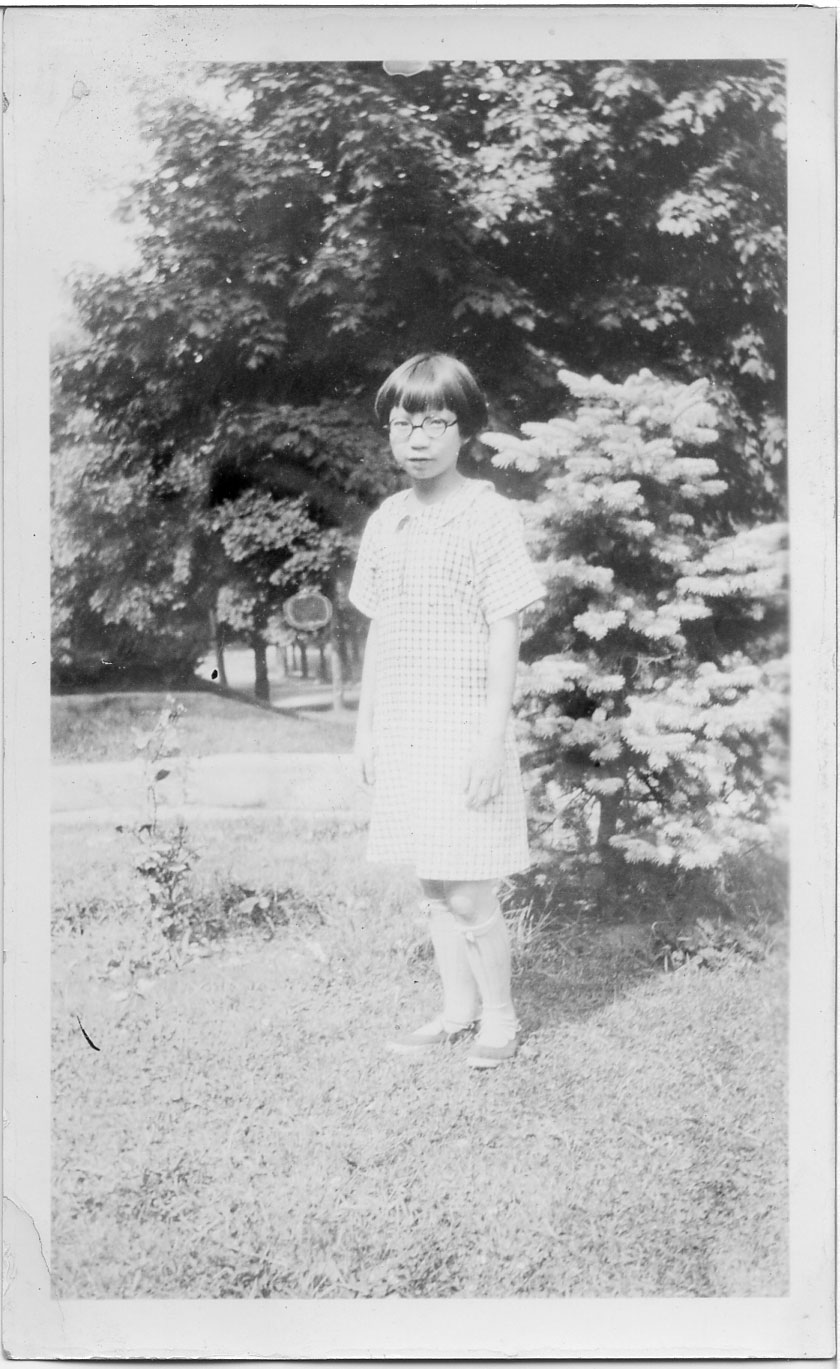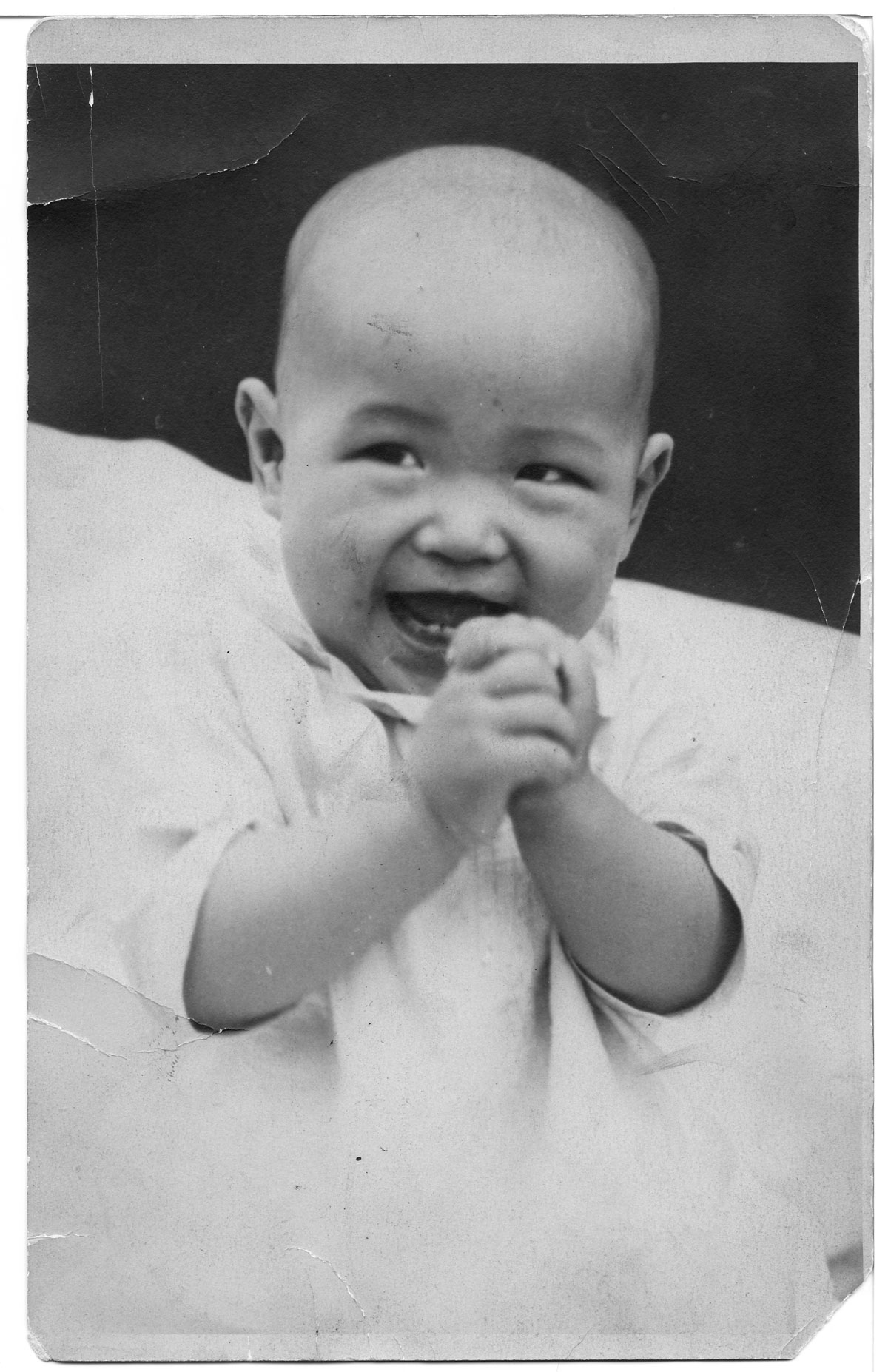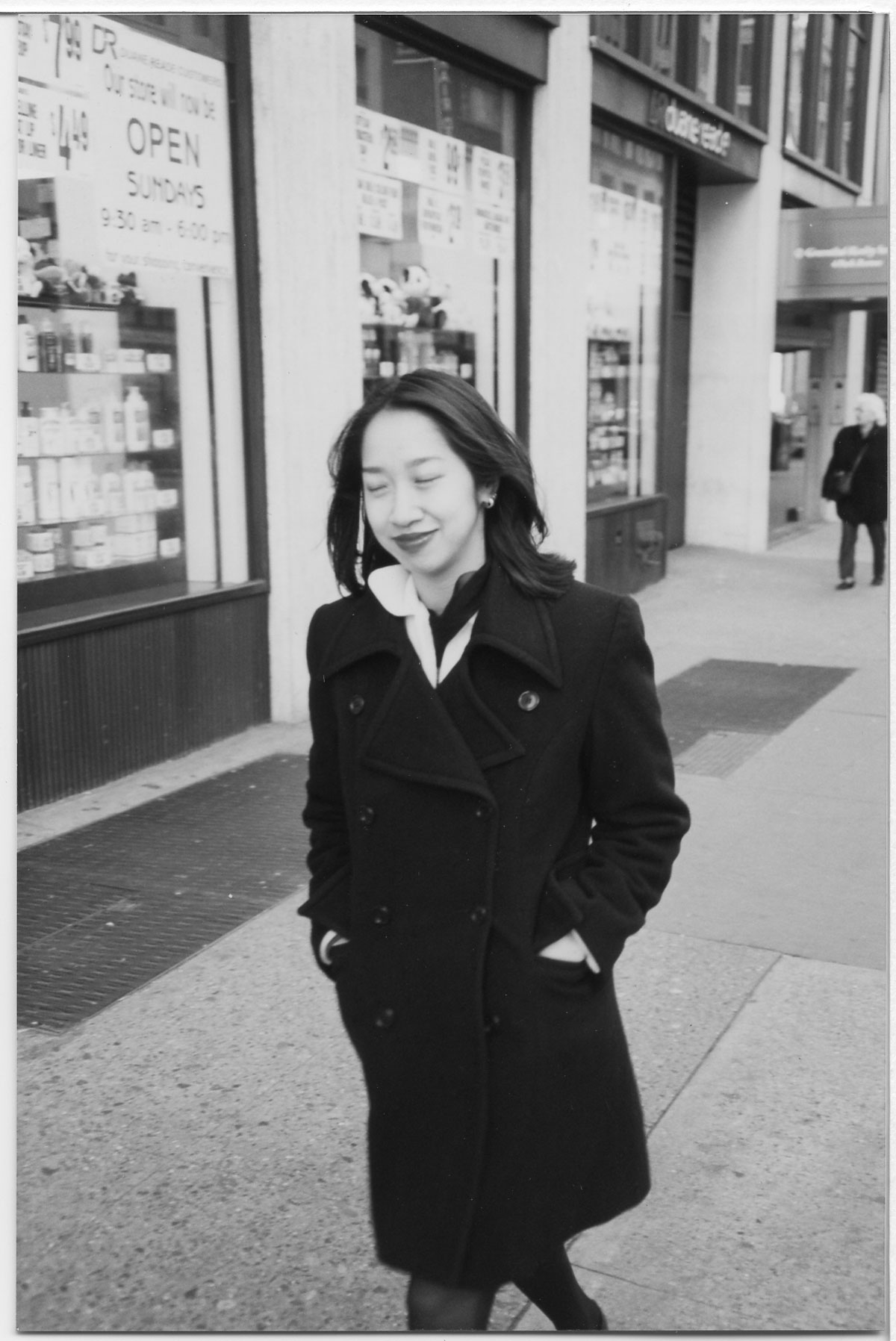A Home in Chinatown
Ava Chin on tracing five generations of Chinese-American history
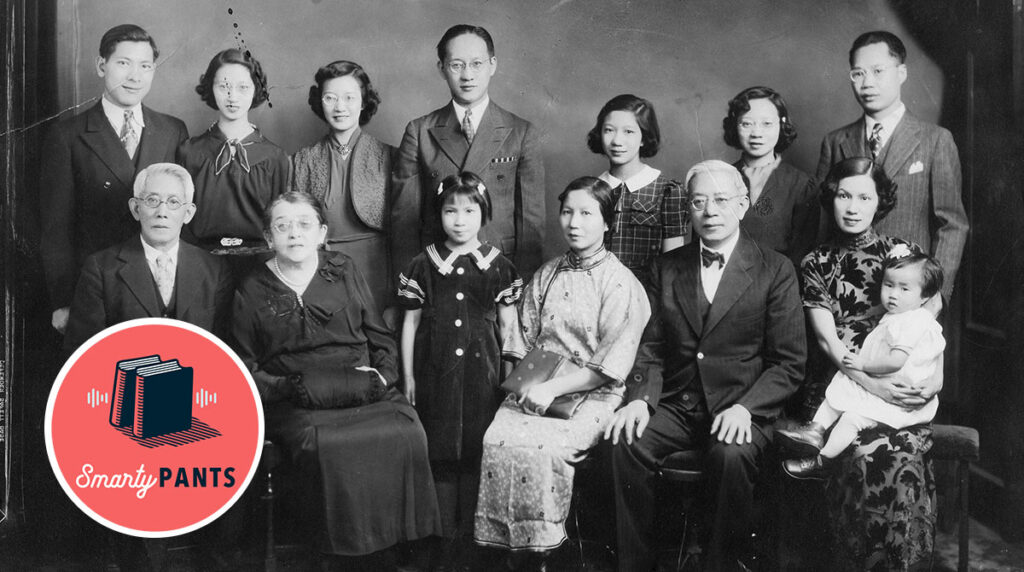
In the 1860s, Chinese immigrants built vast stretches of railroad in the American West. But two decades later, they found themselves the targets of the first federal law restricting immigration by race and nationality: the Chinese Exclusion Act of 1882, which remained on the books until 1943. One of writer Ava Chin’s forefathers worked on the railroad, and much of her family suffered from the consequences of the Exclusion Act. The violence it enabled pushed both sides of her family east, to New York City. Chin, raised by her mother’s relatives in Queens, had grown up without meeting her father or his family—until years of research led her to a building on Mott Street where, she soon learned, both sides of her family spent decades living, squabbling, and loving. Chin’s new book, Mott Street, is the result of painstaking research across continents and oceans, into oral and written records, to trace five generations of Chinese-American history.
Go beyond the episode:
- Ava Chin’s Mott Street: A Chinese American Family’s Story of Exclusion and Homecoming
- Read her reflections on her railworker great-great-grandfather and contemporary immigration control
- Her columns as the Urban Forager for The New York Times grew into Eating Wildly, her 2015 book
- A selection of family photographs:
Tune in every week to catch interviews with the liveliest voices from literature, the arts, sciences, history, and public affairs; reports on cutting-edge works in progress; long-form narratives; and compelling excerpts from new books. Hosted by Stephanie Bastek. Follow us on Twitter @TheAmScho or on Facebook.
Subscribe: iTunes • Stitcher • Google Play • Acast
Download the audio here (right click to “save link as …”)
Have suggestions for projects you’d like us to catch up on, or writers you want to hear from? Send us a note: podcast [at] theamericanscholar [dot] org. And rate us on iTunes! Our theme music was composed by Nathan Prillaman.

